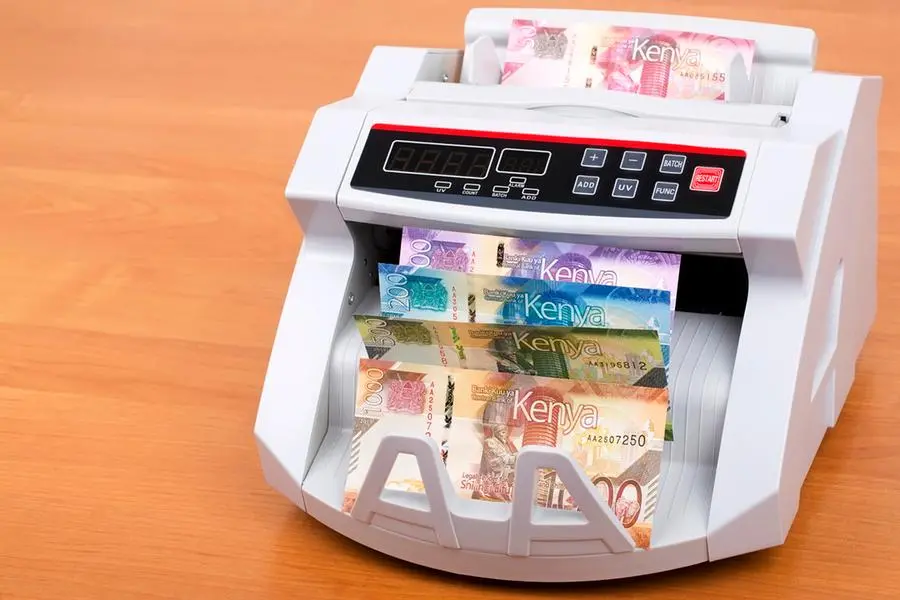PHOTO
Kenya's finance ministry said on Monday it will offer stakes in 11 state-owned companies to raise funds for depleted government coffers as tax revenues continue to fall below target.
The East African economic powerhouse is struggling to contain skyrocketing inflation and a plunging currency that has sent debt repayment costs soaring.
The 11 companies, including Kenya's oil and gas corporation, pipeline operator, various agricultural businesses and a book publisher, are among 35 firms that President William Ruto announced last week were ready for privatisation.
The move "is geared towards government's efforts for fiscal consolidation and spurring economic development," the Treasury said, noting that four of the companies were making losses.
The Kenya Pipeline Company was profitable but its sale "will encourage more private sector participation hence improve efficiency and competition," it added.
The oil firm has more than 1,300 kilometres (800 miles) of pipeline running from the Indian Ocean port city of Mombasa to remote corners of the country.
Investors will also be able to buy one of the country's main convention centres in the capital Nairobi -- Kenyatta International Conference Centre -- an iconic building which also has offices for members of parliament.
Kenya is grappling with a liquidity problem and historically high debt levels at more than 10.1 trillion shillings ($66 billion) at the end of June, according to Treasury figures, equivalent to around two-thirds of GDP.
The cost of servicing public debt, mainly to China, has soared as Kenya's currency has slumped to record lows with the shilling now trading at around 152 to the dollar.
Kenya also has a $2-billion eurobond repayment due next year.
The Kenya Revenue Authority said last month that it missed its first quarter revenue target by more than $500 million due to a depressed economy.
The agriculture sector, which is the top contributor to Kenya's economy, representing around 21 percent of GDP in 2022, has already come under pressure from drought and now torrential rains.
Since 2005, when Kenya passed a privatisation law, only six state firms have been partly sold, including largest telecoms operator Safaricom and electricity generator KenGen.
The public have been invited to share comments on the privatisation plan by December 11.




















